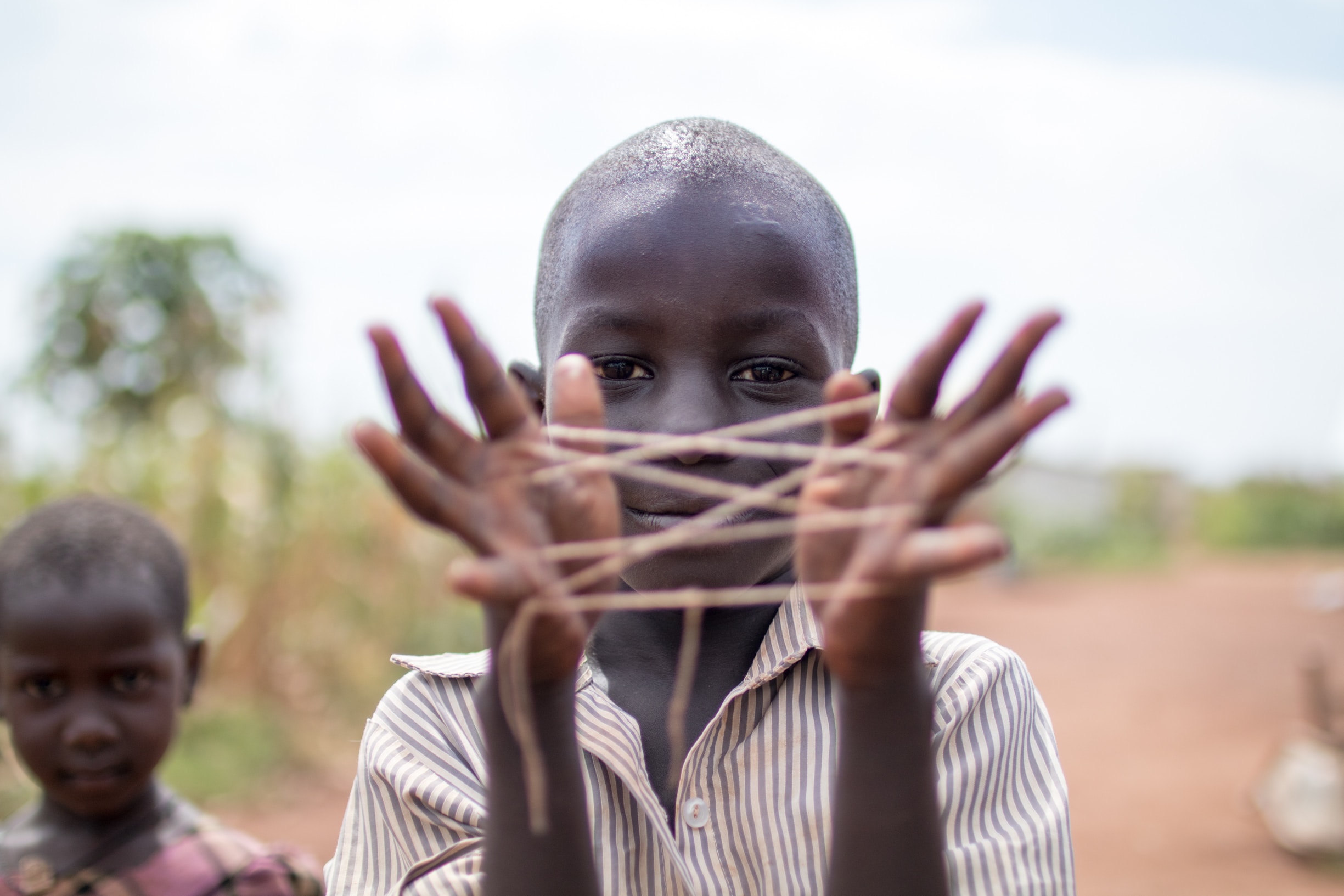For too long, the humanitarian sector has operated on the assumption that control equals accountability. For too long, funding has been structured by rigid due diligence frameworks, often focusing more on compliance than on meaningful relationships. Risk aversion, excessive reporting, and deliverables prioritise donor priorities over the needs of the community.
At Cohere, we have made a deliberate decision to shift away from restricted funding because we believe the way it is structured, undermines the very outcomes it seeks to achieve. One of our biggest challenges with restricted funding has been dealing with donors more concerned with the direct correlation of their money to individual impact metrics, rather than supporting refugee leadership initiatives or systemic change.
Restricted funding resources are more often than not exclusively for specific project activities, with negligible percentages allocated to core costs. We know from research that most of these costs are absorbed by intermediaries. When it comes to working with frontline responders such as refugee-led organisations or RLOs, the essential core costs vital for their overall health and sustainability such as staff salaries, office rent, utilities, equipment, and other administrative necessities are often ignored.
When funding is limited to project-related expenses, RLOs are compelled to operate without the essential support required for long-term stability. This limitation can lead to high staff turnover due to the inability to offer competitive salaries, inadequate infrastructure, and a lack of investment in organisational development. Consequently, RLOs may struggle to deliver consistent, high-quality services to their communities, as financial instability forces them to chase the next available project, often without the opportunity to assess its strategic value and relevance to the community beyond a project period.
On the other hand, donors who have provided unrestricted funding have allowed our RLO partners to shift focus from proving individual impact to supporting refugee leadership by enabling systemic, community-led change. It has given our partner refugee-led organisations (RLOs) the flexibility to determine what are the most pressing needs for that funding and actually respond to real-time needs, rather than forcing them into narrow programmatic boxes.
During my recent visits to many of our RLO partners in Kenya and Uganda, I witnessed firsthand the transformative impact of donors providing unrestricted, flexible, and multi-year funding to RLOs. For instance, organisations like Kalobeyei Initiative for Better Life (Ki4BLI), a youth group operating in Kalobeyei settlement, have leveraged such funding to invest in essential areas often neglected by restricted funding models. They have been able to allocate resources towards staff salaries, infrastructure development, and other core costs, which have been critical for their growth and sustainability. This strategic investment has enabled them to position themselves more effectively for future opportunities, enhancing their capacity to serve their communities.
Even with growing commitments to localisation, the system remains entrenched in donor-driven oversight mechanisms. Instead of trust, the system now revolves around documentation, audits, and strict oversight, forcing frontline actors into a relentless loop of proving their legitimacy, often at the expense of building relationships or driving real impact.
This compliance-first culture that is embedded within restricted funding has eroded the very foundations that trust needs to grow. As a result, many partnerships have become transactional more performative than practical, centred on upward accountability rather than mutual responsibility.
To be clear: we are not abandoning accountability or claiming that trust can replace due diligence. We are simply reimagining it: shifting from a system of top-down, paper-based checks to one rooted in human relationships. True accountability is not just about compliance; it’s about trust, transparency, and a shared values. It is about first being accountable to the most marginalised within the community and not just the systems that fund us.
Being a true ally to communities in crisis requires more than rigid restricted funding practices. It demands building meaningful relationships with people that are managing that funding. This is particularly urgent in the forced displacement context, where RLOs are already doing the work but are vastly underfunded. Every year, RLOs received less than 1% of the funding allotted towards humanitarian responses globally. Despite donors calling for more support to marginalised, community-rooted organisations, the system continues to treat these actors as peripheral.
When RLOs are trusted with flexible funding, they respond more appropriately, more accountably, and more innovatively. We believe that funding tied to rigid reporting structures and predetermined results overlooks the dynamic and complex nature of a forced displacement context operating within a protracted crisis situation.
At the heart of our shift is a commitment to our values of inclusion of the most marginalised through human relationships. We recognise that communities experiencing displacement, exclusion, and systemic injustices should take the lead and make decisions that work for their unique contexts.
We are not claiming to have all the answers. But we know that the current system is not working, and we are choosing to do something about it. We are choosing to focus on leaning into the complexity of relationship building, recognising it as the most powerful investment we can make in the sector.

Leave a Reply